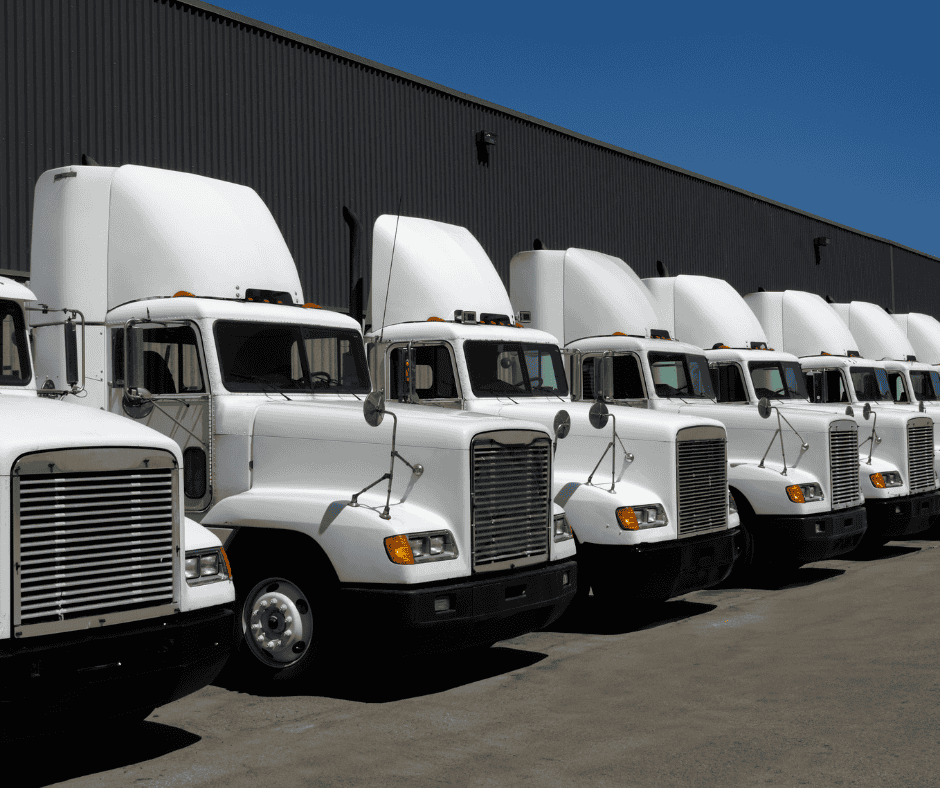By Ramon Concha, Miriam Name, and Pablo Saenz B., Cacheaux, Cavazos & Newton LLP
Synopsis
Foreign carriers operating within Mexico’s 20 km border zone can avoid temporary importation of trailers if legal conditions are met. Misinterpretation by customs may lead to penalties. Carriers should verify compliance or consider temporary importation to avoid fines or seizure.
It is a common practice for U.S. and other non-Mexican carriers entering Mexico with their vehicles to avoid temporary importation requirements for trailers and semi-trailers when operating solely within the border zone—that is, the area between the international dividing line and the parallel line located 20 kilometers inland, as established in Article 136 of the Mexican Customs Law.
However, under current Mexican law, carriers must meet specific requirements for trailers and semi-trailers to circulate within this border zone without undergoing a separate temporary importation process. These legal requirements are established in Rule 3.4.8 of the Mexican Foreign Trade General Rules for 2025, which in summary states that:
- The vehicle must display and carry valid license plates or a circulation permit from its country of jurisdiction, valid throughout the vehicle’s stay in Mexico; and
- A non-Mexican resident must be on board the vehicle during its operation within the border zone.
Mexican law defines in Section XV of Article 2 of the Law of Roads, Bridges and Federal Auto Transportation, that a vehicle includes both the motorized transport and any trailers or semi-trailers they tow.
In some recent cases, Mexican customs authorities have mistakenly required temporary importation of trailers and semi-trailers upon entry—even when they remain connected to the same vehicle and operate solely within the Mexican border zone. Failure to comply with the temporary importation requirements may result in seizure of the trailers or semi-trailers and fines imposed on the vehicle’s owner or holder, as provided in Section III of Article 151 of the Mexican Customs Law, as well as Sections I and II of Article 178 of such same Law.
Given these risks, carriers should verify that they meet the aforementioned criteria for exclusion from the temporary import requirement. If there are any doubts as to compliance, U.S. and other non-Mexican carriers should consider temporarily importing all trailers and semi-trailers upon entering Mexico to avoid potential penalties from Mexican customs authorities.
We recommend careful analysis of each case to ensure compliance.
Disclosure: Authors are currently and have been involved in litigation related to the article.




